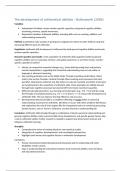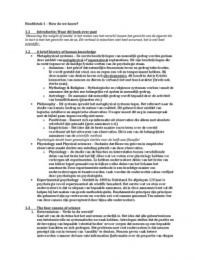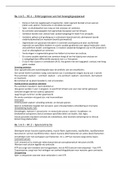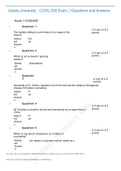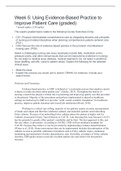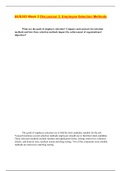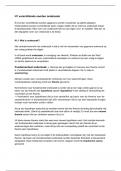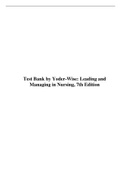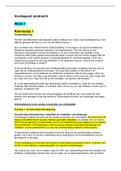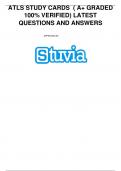Samenvatting
Samenvatting literatuur hoorcollege 4 Leren Op School (LOS) UvA
- Instelling
- Universiteit Van Amsterdam (UvA)
Samenvatting van de literatuur die we moeten lezen voor hoorcollege 4 van Leren Op School. Engelse literatuur is in het Engels samengevat. Literatuur: - The development of arithmetical abilities – Butterworth (2005) - Flexibility and adaptivity in arithmetic strategy use: What children know...
[Meer zien]
